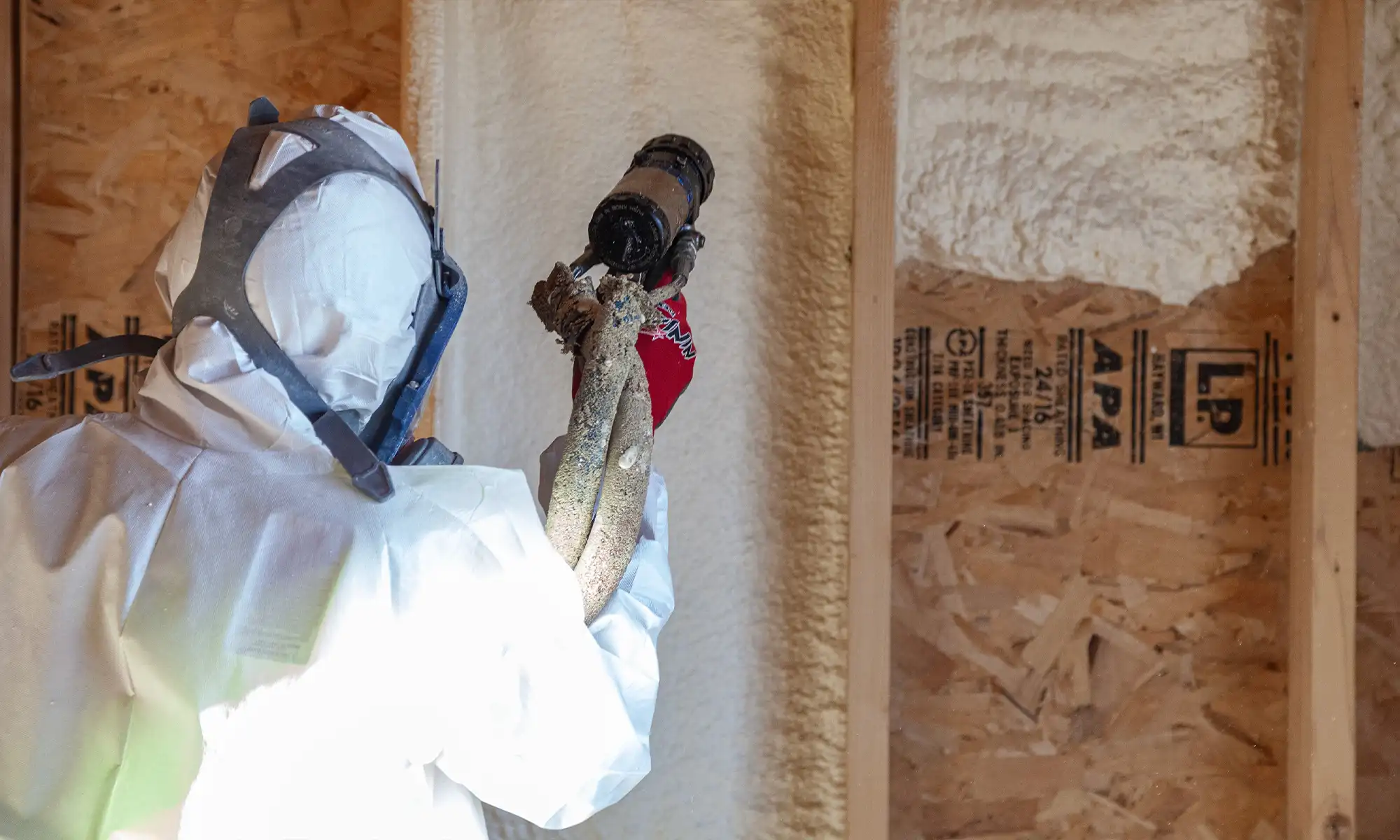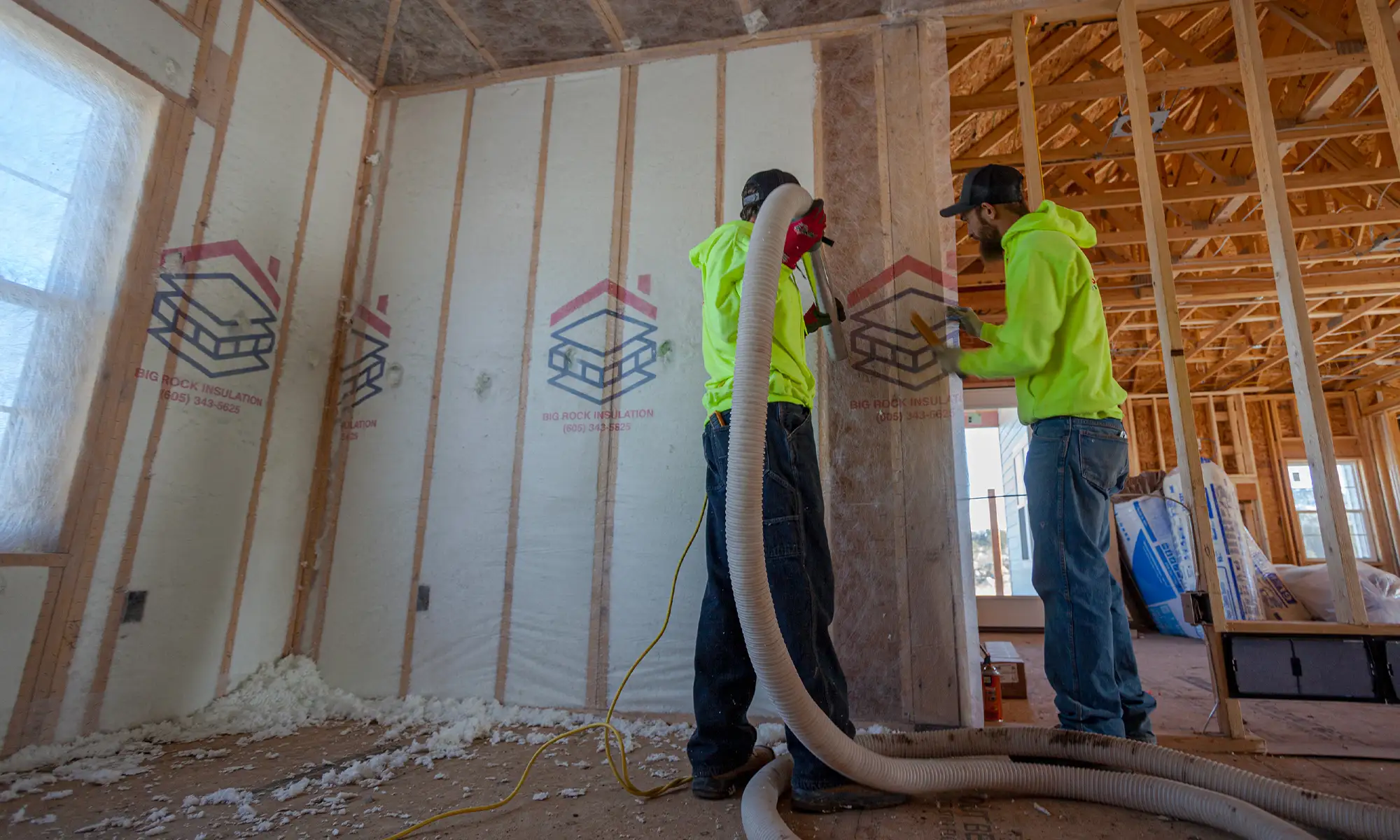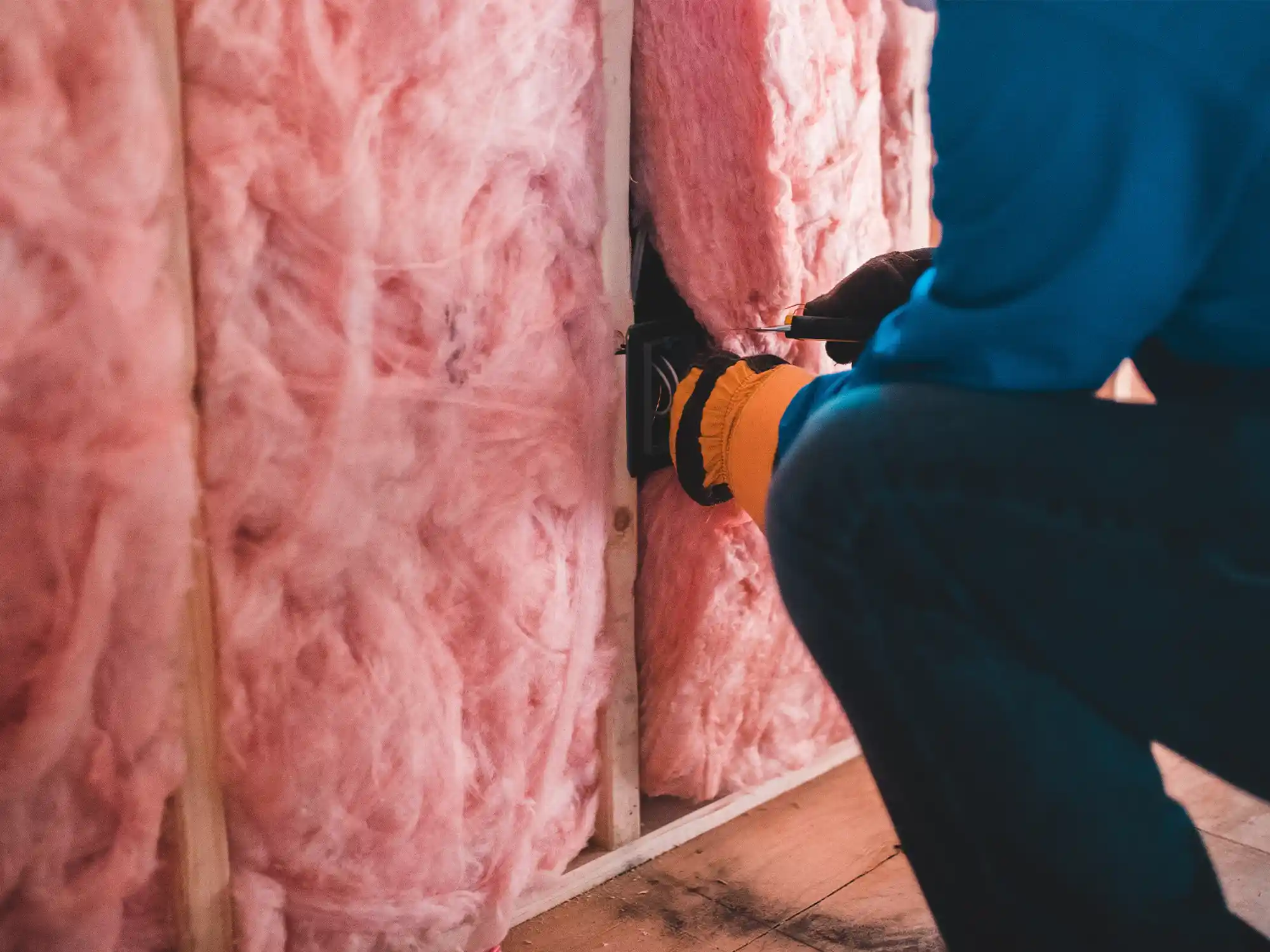We offer many Residential Services
Energy prices are on the rise and many homeowners are looking for creative ways to save. Big Rock Insulation solutions are designed to help you obtain a notable reduction of your heating and cooling costs. The insulation specialists at Big Rock Insulation have many years of experience with all forms of insulation. No job is too small and we will treat each home as if it was our own.

What Is Residential Insulation?
Insulation is a term used to describe a wide range of products that reduce heat loss or heat gain by providing a barrier between areas that have a significant difference in temperature. An example of this could be a warm winter coat which insulates the human body from the cold temperature around it or blanket which someone can use to keep them warm on a cold winter night. Home insulation protects important areas of your home such as your hot water pipes and your HVAC system from freezing in the winter and traps precious conditioned air to keep your house cool in the summer.
Where Should I Insulate My Home?
There are many areas in your home in which Big Rock Insulation can retrofit or install new insulation. It is important to bear in mind that no two homes are exactly the same. Our technicians will thoroughly examine your home for areas where you are losing energy, then make recommendations for new insulation based on the areas that need attention.
Commonly installed insulation areas in homes are:
Attics
Your attic space is the area above your ceiling and under the roof. Most attics typically are dark, dirty and are relatively under-insulated (if build before the 2000’s). There are many types of insulation solutions for attic spaces but the two most commonly used are Fiberglass Batt insulation and Blow-In-Blanket insulation.
Walls
Contrary to popular belief the insulation in the walls of your home is on the exterior walls, not the inside. When exterior walls are built without insulation or are under-insulated, that needs to be fixed fast. There are many ways to insulate exterior walls including BIB insulation and Fiberglass Batt insulation.
Crawl Spaces
Every home needs crawl space insulation. Insulation in this area of the home is often installed by fitting the rim joists of the crawlspace and walls with a thermal barrier. Insulating crawl spaces can often be counterintuitive if done wrong.

What is Insulation R-Value
The definition of R-value is resistance value of the insulation in regards to how much heat can move through it. The greater the R-value, the more heat you can keep in your home during the winter or how much heat you can keep out in the summer. Attic R-values are measured by the inch. 1″ of fiberglass has an R-value of 2.7 while 1″ of cellulose has an R-value of 2.8. Current R-value codes range from R38 to R60 in most attic spaces. Current code for above grade 2×4 walls is R13, and 2×6 walls are R19. In layman’s terms, the higher R-value insulation has, the greater effect it will have against heat transfer.
Other areas to consider insulating
Garages
The decision to insulate your garage or not depends on what you will be using your garage for. If your garage is attached to your home, under a finished room, if you use it for work, or you spend a good amount of time in there you may want to consider insulating it. Insulating the exterior walls of your garage can increase energy regulation within the garage itself and any rooms attached to it. Because many garages are not insulated, many of the rooms that are attached to them lose precious conditioned air throughout the year.
Basements
Basements are considered the darkest and dampest section of your home compared the rest of the home. Many people throughout the Black Hills are converting their basements into entertainment centers or living spaces and people want a comfortable, warm space when spending time down there. Upgrading or adding insulation to your basement walls can help with that. Additionally, basements are often a major source of home’s energy loss.







